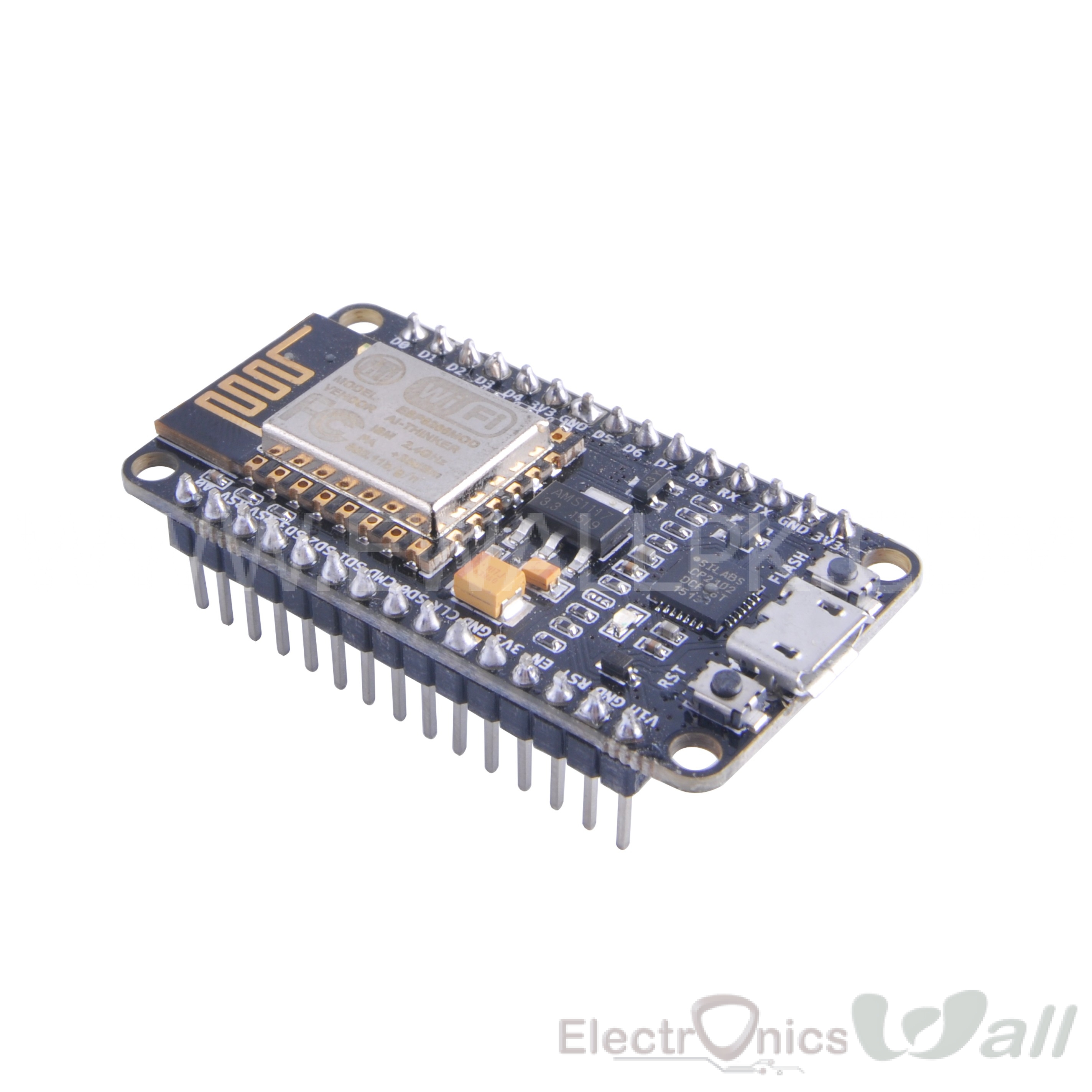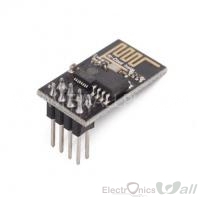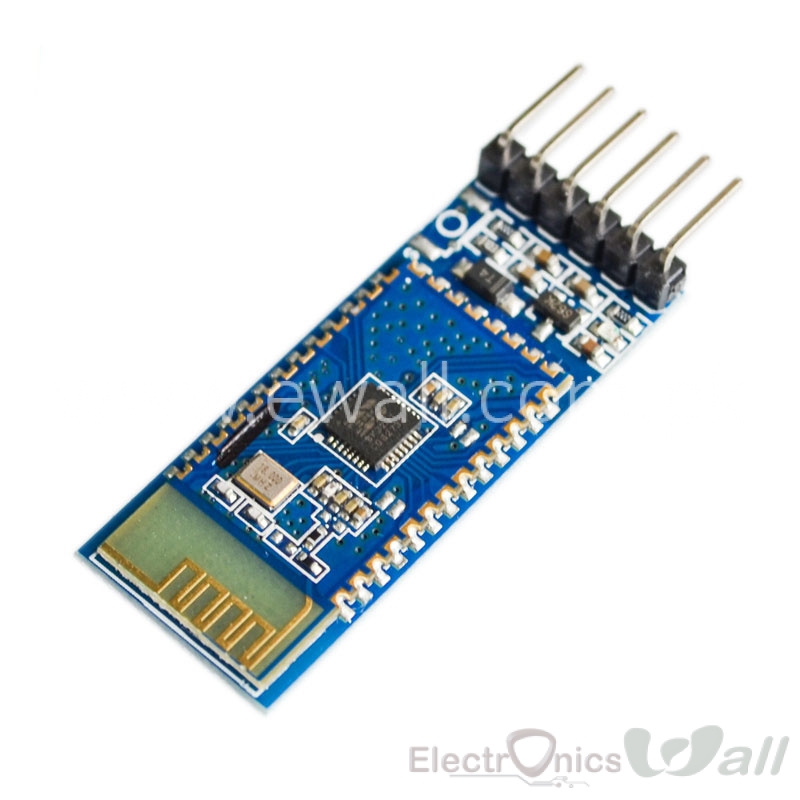
Node MCU Devkit 2.0 Kit With CP2012 IC NodeMCU Developing kit /module
Description:
NodeMCU is an open source IoT platform.It uses the Lua scripting language. It is based on the eLua project, and built on the ESP8266 SDK 0.9.5. It uses many open source projects, such as lua-cjson,and spiffs. It includes firmware which runs on the ESP8266 Wi-Fi SoC, and hardwarewhich is based on the ESP-12 module.
Description:
NodeMCU is an open source IoT platform.It uses the Lua scripting language. It is based on the eLua project, and built on the ESP8266 SDK 0.9.5. It uses many open source projects, such as lua-cjson,and spiffs. It includes firmware which runs on the ESP8266 Wi-Fi SoC, and hardwarewhich is based on the ESP-12 module.
It is the 5th design of NodeMCU devkit. It uses CP2102 as UART bridge, and can flash firmware automatically by using nodemcu-flasher. It support apple's MAC OS.
Easy to access wireless router
Based on Lua 5.1.4 (without debug, os module.)
Event-Drive programming preferred.
Build-in json, file, timer, pwm, i2c, spi, 1-wire, net, mqtt, coap, gpio, wifi, adc, uart and system api.
GPIO pin re-mapped, use the index to access gpio, i2c, pwm.
Both Integer(less memory usage) and Float version firmware provided.
Dependencies
Build on ESP8266 sdk 0.9.5
Lua core based on eLua project
cjson based on lua-cjson
File system based on spiffs
Flash the firmware
nodemcu_latest.bin: 0x00000
for most esp8266 modules, just pull GPIO0 down and restart.
You can use the nodemcu-flasher to burn the firmware.
Or, if you build your own bin from source code.
0x00000.bin: 0x00000
0x10000.bin: 0x10000
Better run file.format() after flash
Connect the hardware in serial
baudrate:9600
Start play
Connect to your ap
ip = wifi.sta.getip()
print(ip)
-- nil
wifi.setmode(wifi.STATION)
wifi.sta.config("SSID","password")
ip = wifi.sta.getip()
print(ip)
-- 192.168.18.110
Manipulate hardware like a arduino
pin = 1
gpio.mode(pin,gpio.OUTPUT)
gpio.write(pin,gpio.HIGH)
print(gpio.read(pin))
Write network application in nodejs style
-- A simple http client
conn=net.createConnection(net.TCP, 0)
conn:on("receive", function(conn, payload) print(payload) end )
conn:connect(80,"115.239.210.27")
conn:send("GET / HTTP/1.1rnHost: www.baidu.comrn"
.."Connection: keep-alivernAccept: */*rnrn")
Or a simple http server
-- A simple http server
srv=net.createServer(net.TCP)
srv:listen(80,function(conn)
conn:on("receive",function(conn,payload)
print(payload)
conn:send("
Hello, NodeMcu.
")
end)
conn:on("sent",function(conn) conn:close() end)
end)
Connect to MQTT Broker
-- init mqtt client with keepalive timer 120sec
m = mqtt.Client("clientid", 120, "user", "password")
-- setup Last Will and Testament (optional)
-- Broker will publish a message with qos = 0, retain = 0, data = "offline"
-- to topic "/lwt" if client don't send keepalive packet
m:lwt("/lwt", "offline", 0, 0)
m:on("connect", function(con) print ("connected") end)
m:on("offline", function(con) print ("offline") end)
-- on publish message receive event
m:on("message", function(conn, topic, data)
print(topic .. ":" )
if data ~= nil then
print(data)
end
end)
-- for secure: m:connect("192.168.11.118", 1880, 1)
m:connect("192.168.11.118", 1880, 0, function(conn) print("connected") end)
-- subscribe topic with qos = 0
m:subscribe("/topic",0, function(conn) print("subscribe success") end)
-- or subscribe multiple topic (topic/0, qos = 0; topic/1, qos = 1; topic2 , qos = 2)
-- m:subscribe({["topic/0"]=0,["topic/1"]=1,topic2=2}, function(conn) print("subscribe success") end)
-- publish a message with data = hello, QoS = 0, retain = 0
m:publish("/topic","hello",0,0, function(conn) print("sent") end)
m:close();
-- you can call m:connect again
UDP client and server
-- a udp server
s=net.createServer(net.UDP)
s:on("receive",function(s,c) print(c) end)
s:listen(5683)
-- a udp client
cu=net.createConnection(net.UDP)
cu:on("receive",function(cu,c) print(c) end)
cu:connect(5683,"192.168.18.101")
cu:send("hello")
Package Included:
1 X NodeMCU Devkit 2.0
Rs. 1349
Product Discount 1,420.00

 ESP8266 ESP-01 Breakout Board Breadboard Adapter PCB fo...
ESP8266 ESP-01 Breakout Board Breadboard Adapter PCB fo...
 Smallest NRF24L01 MSD 2.4GHz Wifi frequency Module Mini...
Smallest NRF24L01 MSD 2.4GHz Wifi frequency Module Mini...
 ESP8266 ESP-01 ESP-01S DHT11 Temperature Module for IOT...
ESP8266 ESP-01 ESP-01S DHT11 Temperature Module for IOT...
 ESP8266 Wifi Module Serial Transceiver Send Receive ESP...
ESP8266 Wifi Module Serial Transceiver Send Receive ESP...
 SPP-C Bluetooth Serial Adapter UART Module Replace HC-0...
SPP-C Bluetooth Serial Adapter UART Module Replace HC-0...
 Wemos D1 MINI V3.0 4MB flash based on ESP-8266EX
Wemos D1 MINI V3.0 4MB flash based on ESP-8266EX
 WiFi Serial Transceiver Module w/ ESP8266 - 1MB Flash (...
WiFi Serial Transceiver Module w/ ESP8266 - 1MB Flash (...
 Sparkle IOT ESP32-C3F WiFi+Bluetooth Development Board-...
Sparkle IOT ESP32-C3F WiFi+Bluetooth Development Board-...
 IBEACON Bluetooth Module Key Purse Finder NRF51822 Wi...
IBEACON Bluetooth Module Key Purse Finder NRF51822 Wi...
 Homekit Smart Remote Control Relay Switch Smart Plug De...
Homekit Smart Remote Control Relay Switch Smart Plug De...









